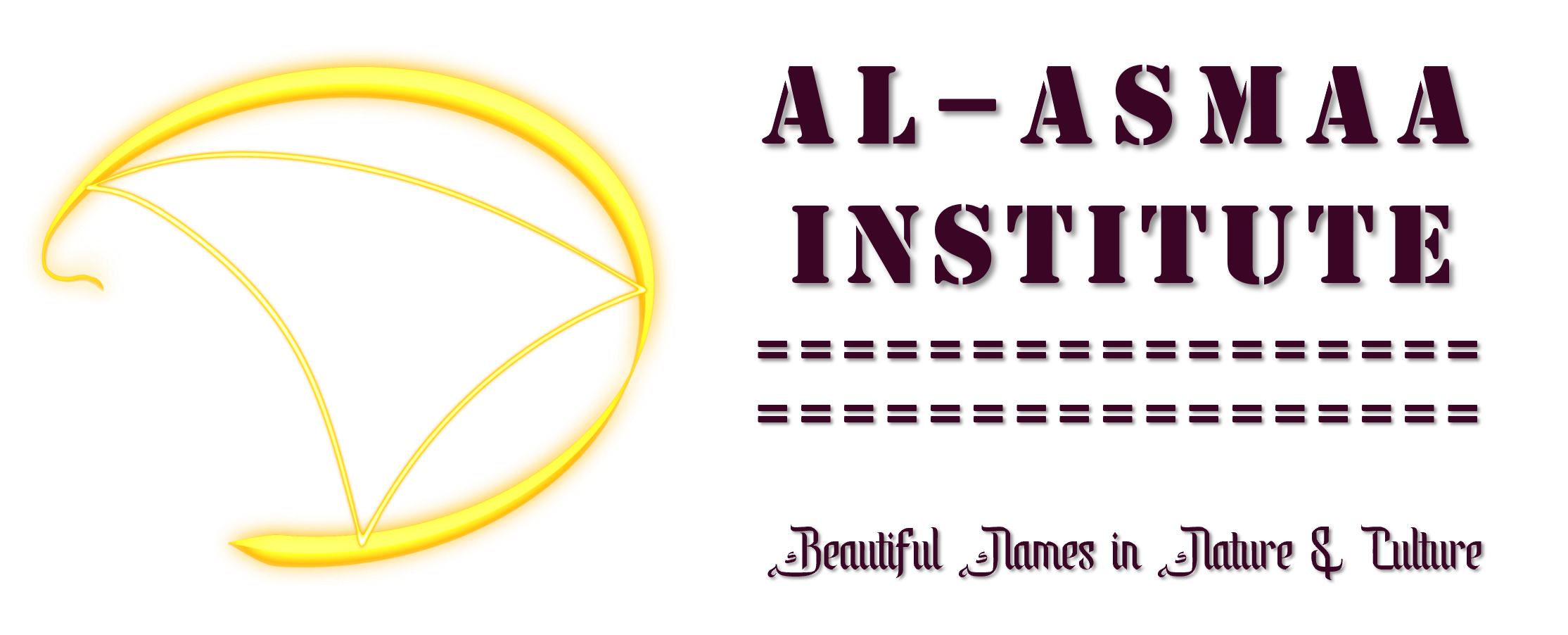We are a team of two based in Pakistan: I, Abdullah Amjad, and my wife, Safia Waseem. We are a part and product of a larger intellectual community working on the relationship between religious and scientific thought.
Our purpose is to foster a community interested in exploring the multiverse of the Beautiful Names of Allah and His Messenger (ﷺ) to the farthest edges.
The intellectual foundations of Al-Asmaa Institute were laid back in December 2019 when we were working on a project on the Beautiful Names within that larger community.

Abdullah Amjad
CEO and Lead Instructor
- Masters in Computer Science, specialized in Natural Language Processing
- Bachelors in Information and Communication System Engineering
I have a master's in computer science from the Lahore University of Management Sciences (LUMS), Pakistan and a bachelor's in information and communication system engineering from the National University of Sciences & Technology (NUST). I have experience in instruction and curriculum design in three different kinds of educational organization:
- Acacia Education Foundation, a not-for-profit organization, as a researcher
- Criterion Concepts, a corporate Islamic organization, as a content architect
- Riphah International University, a private university, as a lecturer
I am currently employed at LUMS as a Research Associate in the Two Cultures Initiative, which is an academic forum for dialogue between sciences, engineering-s, and humanities with the goal of collaborative inquiry into the university's core concerns related to science and engineering education in the Muslim world.
My research interests lie somewhere on the cross-sections of the religious thought of Allama Muhammad Iqbal, classical Arabic, the intellectual foundations of modern mathematics and computer science, and a unique, and a severely under-explored school of early 20th century philosophy called pragmaticism by Charles Peirce.
I will not go into the details of all elements of my research interests but I will say something regarding my interest in classical Arabic. I am particularly interested in the relationship between the syntax, semantics, and the pragmatics of the verbs in Arabic language because it struck me how they have an unmistakably mathematical and algorithmic structure. In addition to this intellectual interest, I also have an emotional interest in Arabic because I was born in Taif, Saudi Arabia, and spent the first ten years of my life there. Last but not least is the spiritual interest – to be able to understand at least (if not converse in) classical Arabic gives a feeling of being close to Allah and the Prophet (ﷺ), his family, and his companions.
Al-Asmaa Institute owes her inception to these research interests. I believe I am uniquely equipped to offer fresh, intersectional, and hopefully fruitful perspectives on the Beautiful Names in shaa Allah. In this endeavor, if I prove to be of benefit, then that is due to Allah, then my parents (may Allah have Mercy on them as they took care of me in my childhood), and then finally, my teacher and mentor, Dr. Basit Bilal Koshul (may Allah preserve him). However, if I falter, then that is due to my shortcomings, for which may Allah forgive me in advance and compensate for them.

Safia Waseem
Chief Operating Officer (COO)
- Masters in Usool-ud-Deen, specializing in Aqeedah and Philosophy
- Bachelors in Islamic Studies
I have a master's in Usool-ud-deen (Foundations of Religion) with a specialization in Aqeedah (Creed) and Philosophy and a bachelor's in Islamic Studies from International Islamic University (IIU), Pakistan. I am working in the Acacia Education Foundation in multiple capacities such as teacher assisting, content writing, and student liaison. At Al-Asmaa Institute, I am in charge of marketing, public communications, the LMS, and developing visual resources and artifacts.
I am interested in an interdisciplinary study of classical theological debates in Muslim intellectual history to show how these "purely theoretical" debates continue to outline the manner in which Muslims of the 21st-century see themselves intellectually and relate with contemporary sciences and philosophies. I am particularly interested in the possibility of 21st-century philosophic-scientific interpretations of the Beautiful Names "Al-Awwal (The First) and Al-Ākhir (The Last) and Al-Ẓāhir (The Manifest) and Al-Bāṭin (The Hidden)" as revealed in the third ayah of Surat al-Hadeed. To this end, I have extensively studied the works of Imam Ibn Taymiyyah (may Allah's Mercy be upon him) and how he presents a middle ground between the two major intellectual groups in 12th-century Muslim society (the theologians and the philosophers) on some of these debates. I have also done a comparative study of Ibn Taymiyyah and Mulla Sadra (may Allah's mercy be upon him) to show how Ibn Taymiyyah—a Sunni traditionist, and Mulla Sadra—a Shiʿa philosopher were united in their quest to resolve these debates but differed in their methodologies which impacted what they were able to achieve at the end of the day. In the future, I wish to study Ibn Taymiyyah, Allama Iqbal, and Charles Peirce together in this way in shaa Allah.
Both my husband and I were born in Saudi Arabia (Taif & Makkah, respectively), which is the reason for our affinity with and enthusiasm for Arabic, besides, obviously, the fact that it is the language in which Allah spoke to His beloved (ﷺ) and the worlds through him. I dearly hope and pray that our efforts will be rewarded with the best in this life by providing service to the Ummah of the beloved prophet (ﷺ) and in the life to come by securing his intercession and Allah's pleasure.

